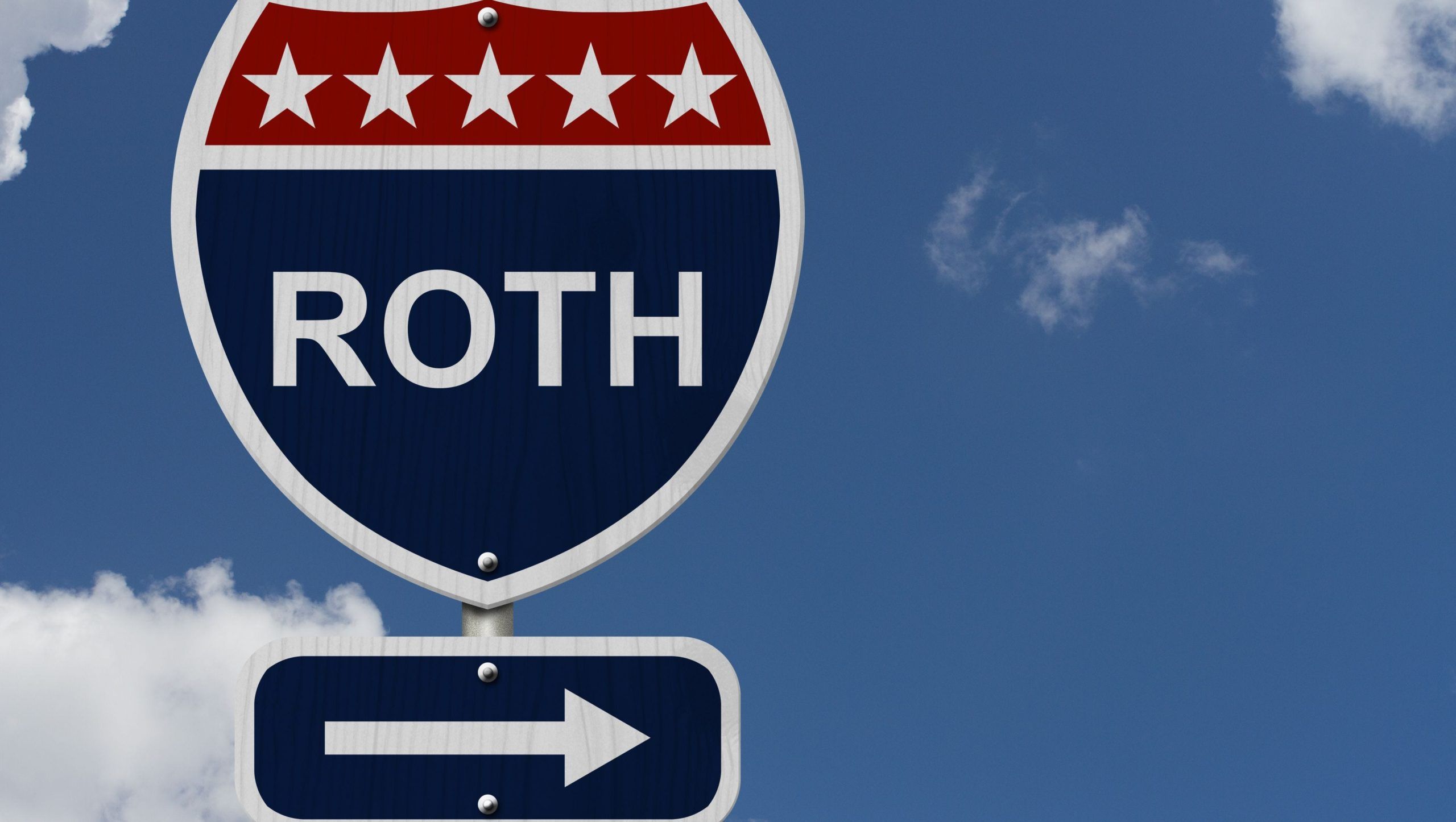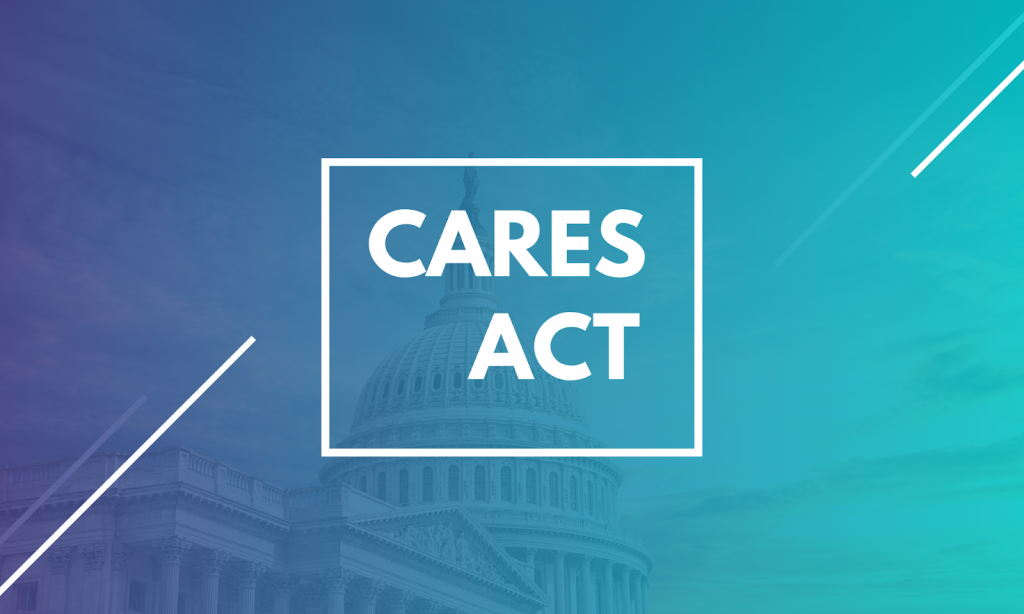Roth Conversion – A valuable tool to consider before year-end
By: Scott Fain
This year has been a challenge for many, and though we are certainly not out of the woods yet with the Coronavirus, the election, and other factors, many are glad to see the end of 2020 coming soon. During these times, planning must go on. As we move into the fourth quarter, it is a good time to evaluate the potential for Roth conversions before year-end.
Roth conversions allow you to convert funds currently held in tax-deferred traditional IRAs to Roth IRAs, which then grow tax free. Currently there is an income limitation and an annual maximum for direct contributions to a Roth IRA, but there are no limits on Roth conversions. The process of converting the IRA to a Roth IRA involves recognizing the amount of the conversion as income in the current year. Though an important tool to consider every year, 2020 offers particular opportunities.
Roth Conversion Considerations in 2020:
- Annual Required Minimum Distributions (RMDs) have been waived this year. Roth conversions could be processed in the amount of the otherwise planned income from the waived RMDs.
- Various industries have seen lost wages and unemployment during 2020 due to the Coronavirus. During this unfortunate time that many people have lower income, Roth conversions can be considered to take advantage of the lower tax bracket for the year.
- The current tax rates are set to sunset in 2025, unless Congress acts to change that. Given the stimulus package this year along with other factors, there is certainly reason to expect that Congress will allow those rates to return to pre-2018 levels. Roth conversions could be utilized to lock in today’s tax rates.
Other Considerations:
- Bracket Conversions – A common approach is to look at your current marginal tax bracket and your expected income to identify the amount of room allowable for additional income in that bracket. For example, a married filing jointly couple with $250,000 in taxable income in 2020 could convert up to $76,600 and remain in the 24% tax bracket. This can be evaluated each year to fully utilize the current tax bracket, without pushing into the next bracket. Note – it is important to consider the impact on Medicare premiums, taxability of Social Security, and the trigger of the 3.8% net investment income surtax.
- Secure Act – As a result of The Secure Act enacted in January of this year, most non-spouse beneficiaries of IRAs will be required to distribute the funds out of the accounts within ten years. Prior to the Act, most of those non-spouse beneficiaries would have been able to distribute the balance over their lifetimes. This change can have a significant impact on the taxation of the income, as the distributions over a shorter period will often push the beneficiaries into higher tax brackets. Consideration should be given to utilizing the account owner’s tax bracket through Roth conversions to transfer that balance to tax free accounts for the beneficiaries.
- Tax Surprises – An important part of retirement income planning often involves leveling out income. It is often overlooked that, in addition to the impact on marginal tax brackets, spikes in income can cause increases in Medicare premiums and the taxability of Social Security benefits. For a married couple, these increases can be further magnified by the death of the first spouse to die. The change from the married filing jointly tax rate schedule to the single schedule can cause the rates to increase more rapidly at lower breakpoints. Utilizing systematic Roth conversions, particularly prior to the start of RMDs, can be an effective tool to level income.
- Open the Door for Backdoor Roth Contributions – Roth conversions can be utilized to “zero out” existing IRA balances to allow for back door Roth contributions. As mentioned previously, there are income limitations and annual maximums for direct contributions to Roth IRAs. However, the backdoor Roth Contribution can be an effective strategy for higher income individuals wanting to contribute to their Roth IRAs. This involves contributing after-tax dollars as a non-deductible contribution to your traditional IRA, and then immediately converting those funds to your Roth IRA. Again, the income limitations do not apply to the conversions. This strategy works best when a client has no current IRA balance. Otherwise, the conversion is considered to be proportional across all IRA dollars and will cause taxation and cost basis tracking going forward. The initial conversion of the IRAs to Roth IRAs simplifies the process.
- Leave Room for Charity – Clients who are charitable should take into consideration their future charitable intentions. Portions of IRAs planned for qualified charitable distributions (QCDs) should NOT be converted to Roth IRAs.
It is important to note that there is no one-size-fits-all investment strategy, retirement plan, or Roth conversion recommendation. Decisions can often have unintended consequences that should be considered. If you have questions or want to know if a Roth conversion would be a good fit for you, please discuss the concept with your financial and tax advisors.
Investment advisory services offered through CapSouth Partners, Inc., d/b/a CapSouth Wealth Management, an independent Registered Investment Advisory firm. CapSouth does not offer tax or legal advice. Please consult your tax or legal advisor before making decisions that may have tax or legal consequences. This article is of a general nature only and should not be construed as individual advice.



